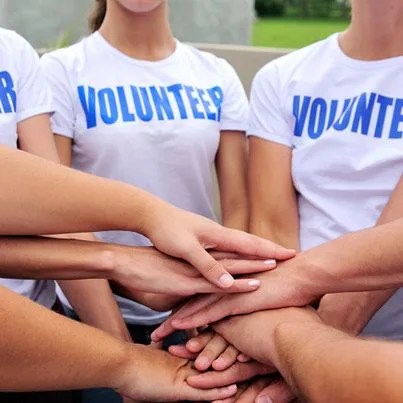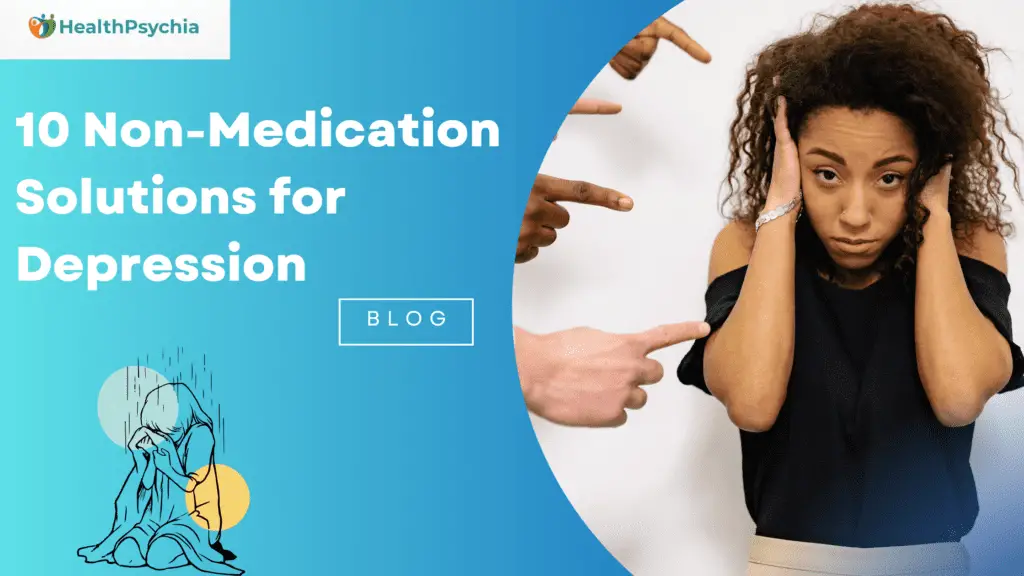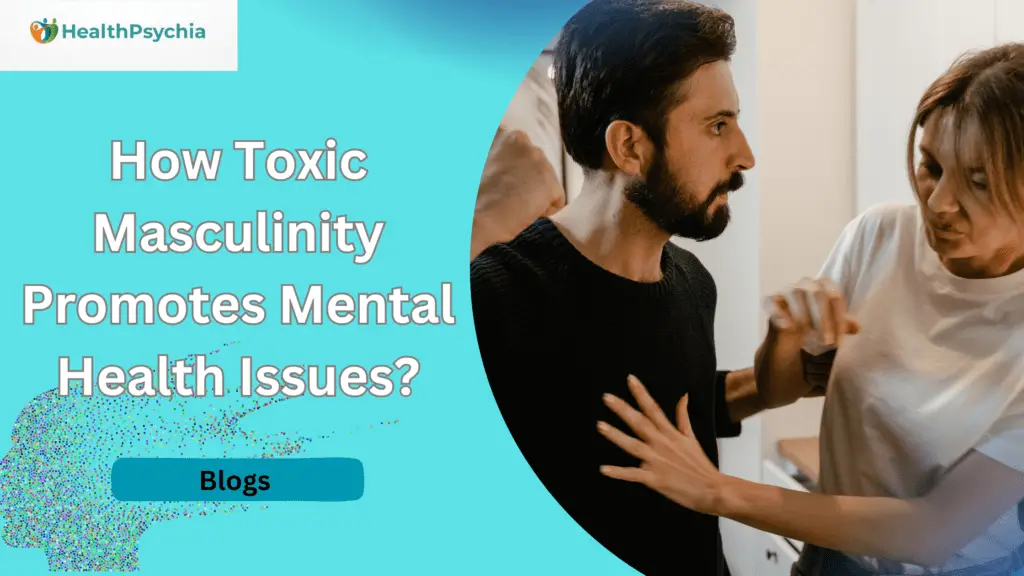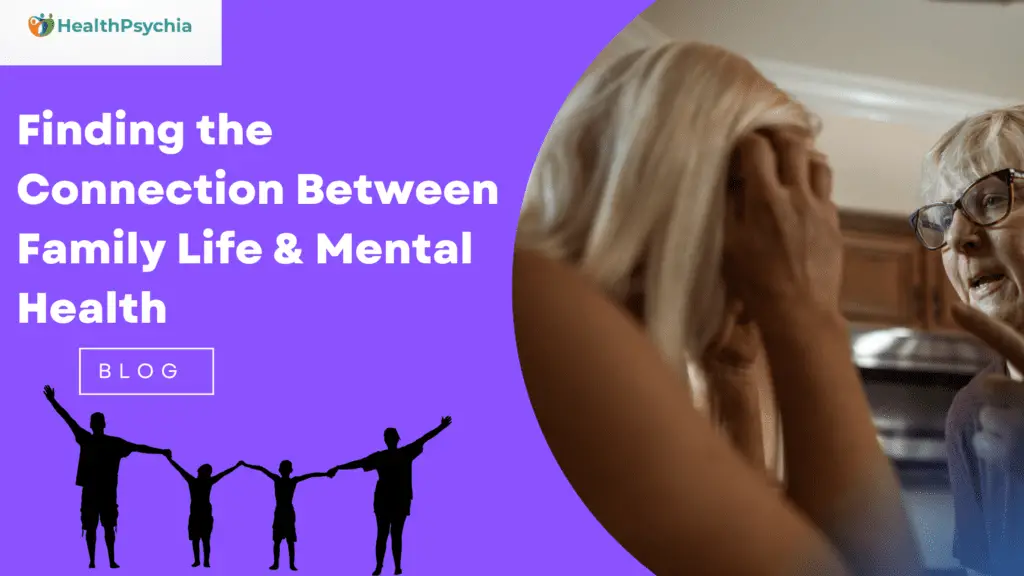Being depressed is highly unpleasant and disabling. Each year, many people experience symptoms of depression in different countries, causing family distress and decreased job efficiency. It is always a good idea to seek expert medical care if the depression is severe.
However, there are many non-medication solutions for depression that a person can use to reduce their symptoms. Many therapists and doctors recommend that depressed people take therapy and medication together.
These are the best non-medication solutions for depression that a depressed person might use to heal or relieve the symptoms of mild to moderate depression.
Our Stone Age Brains and the Depression Epidemic
The link between lifestyle and depression is apparent. Our modern way of living is making us sick. Our environment has changed dramatically, as have our habits, and our brains have also altered.
They are incredibly similar to those that powered people in the Stone Age when there was nourishing food and sleep was plentiful.

Solutions for Depression Without Medication
Here are some non-medical solutions for depression. Let’s dive in!
1. Workout Daily
Many researchers on depression conclude that exercise is effective, like any medicine, for treating mild to moderate depression.
Exercise has other therapeutic effects aside from relieving symptoms of depression, including.
- Better cardiac health.
- Weight reduction.
- Reduce the chance of various chronic diseases.
It is tough to exercise when you are depressed, so start with a walk and do something you like. A brisk daily walk and ten minutes of workouts at home are appropriate for lowering sadness.
Regular walking helps reduce depression symptoms by increasing endorphins in the brain. Even a few minutes of light daily exercise might increase mood by increasing endorphin production.
“Exercise is a medicine.” “It improves brain function like any medicine.” Dr.Stephen Ilardi.
2. Consume Healthy Meals Regularly
When someone is sad, they frequently eat badly. Salty, sugary, and high-fat junk food may provide a short sense of enjoyment. However, if we use them for a long time, these meals induce
- Blood sugar spikes.
- Obesity.
- Unpleasant moods
The idea is to find healthy meals you enjoy, stock up on them, and eat them daily.
- Fresh fruit.
- Whole-grain bread
- Salads.
- Oily fish like salmon.
- Lean meats.
The above are healthy food alternatives.
3. Sleep Time. Blissful, Peaceful, and Bountiful Pillow Time
Due to depression and anxiety, insomnia can occur, which can involve staying asleep; modifications to your routine may help you sleep more peacefully.
As an example:
- Every evening, go to bed at the same hour.
- In the bedroom, do not watch TV or use a computer.
- Avoid eating for a minimum of an hour before going to bed.
- Make your bedroom as dark and silent as possible.
- Make the temperature of the room comfortable.
- Avoid any caffeinated beverages before going to bed.
Good sleep is necessary for our brain and body to heal, mend, and refresh. A good night’s sleep enhances general mental wellness, which can reduce symptoms of depression.
“Disrupted sleep is one of the most powerful causes of depression, and data suggests that most mood disorders are preceded by poor sleep.” Stephen Ilardi.
4. Overcome Negative Thoughts
When someone is sad, he frequently thinks negatively. Depressed people often have thoughts like
“I’m not successful,” or “No one loves me.” Negative thoughts like this become unconscious habits, sustaining the depressive state.
An easy technique is to replace negative ideas with happy ones. “How do I know that?” can challenge the belief “I will always feel this way.” or recall a period when you felt differently about life.
5. Laughter is Good for Depression
Laughter is another way to treat depression naturally. It increases dopamine levels in our brains. Watching comedy shows or movies, reading jokes, laughing with others, or thinking about humor that results in laughter can raise dopamine levels and reduce depression symptoms.
6. Help others
When we are sad, we have a great tendency to become self-centered. Our concerns grow more in our imaginations, contributing to our helplessness. Doing something useful for another person or caring for a pet animal is easy.
- Calling a friend.
- Working at a local charity.
- Assisting a neighbor in gardening.
- Having a pet
When we serve others, we boost our confidence and free our minds from problems. Any possible relief from depressive symptoms will help improve positive thinking and elevate mood.
Little, everyday actions toward a healthy lifestyle can majorly impact the alleviation of mild to severe depressive symptoms.

7. Get Lots of Water
All body activities require the presence of water. Consuming water regularly helps the body remove harmful toxins, improve the operation of our organs, and even increase mental clarity.
Most individuals avoid drinking water in favor of soft, caffeinated, and alcoholic beverages. Certain beverages cause body water loss, resulting in dehydration.
If it is difficult for you to drink plain water, consider the following alternatives:
- Chilled water
- Water with a flavor
- Infusing cold water with a piece of lemon or raw ginger.
- Herbal teas, iced or hot, such as mint, hibiscus, ginger, or jasmine
- Add a tablespoon of fruit juice to enhance the taste of the water.
If you maintain your physical health, it may help you feel less depressed.
8. Gratitude
Gratitude has a positive emotional impact on persons who are depressed. Writing down what you value in your life might increase the activity in your brain area (prefrontal cortex) frequently associated with depression.
You could be thankful for something as basic as seeing all green lights while driving or having someone open the door for you as you approach the building.
Create a notebook in which you write examples of what inspires your appreciation and reflect on those writings when feeling down. You don’t have to write every day; some studies have indicated that even once a week is beneficial.
9. Social interaction: People time| Spend time with Beloved Ones
The research shows that social isolation raises a person’s risk of depression and can worsen and prolong symptoms.
Of course, when you’re sad, it’s even more difficult to interact. “Joining a group committed to something for which you have a deep passion is one way.
“For example, volunteering for a beloved cause may keep you connected with others regularly, and you have the added desire to participate because of your interest.
” Dr. Mehta explains. Another choice is to join a team in a sport that you truly enjoy, such as golf, tennis, or bowling.”

10. Get a Routine
For some sad people, the issue is their day’s lack of regularity and structure. In this scenario, creating a more organized schedule can help ease depressive symptoms.
Creating a new healthy regimen might be simple.
- Getting out of bed and dressed up in the morning, instead of sitting in casual trousers, is a minor but considerable change in behaviors.
- Other suggestions include contacting a friend daily, taking a walk, writing in your notebook, or enjoying half an hour listening to pleasant music. Creating better routines and habits raises dopamine levels, which might help with depression symptoms.
FAQs
- Is it possible to deal with depression without medication?
You should talk to your doctor to determine how to cope with your depression. Many lifestyle changes, like eating a healthy diet, regular exercise, and getting proper sleep, may help to reduce your symptoms.
- How can I survive without antidepressants?
- Behavioral treatments.
- Mindfulness.
- Creative therapy.
- Alternative and complementary therapy
- Ecotherapy.
- Peer assistance.
- Take care of your health.
- Is depression treatable or curable?
There is no cure for depression, but several therapy choices can alleviate your symptoms and reduce their impact on your everyday life.
Conclusion
The 10 Best non-medication solutions for depression will benefit all of us, not just those who suffer from depression. When you are sad, you may feel helpless. You aren’t. You can do a lot on your own to fight back, in addition to treatment and perhaps medicine.
Changing your way of thinking and behavior, including your physical activity and lifestyle, is one of the non-medicinal depression remedies.
We will significantly improve our quality of life and mental and physical health if we change our lifestyle.


